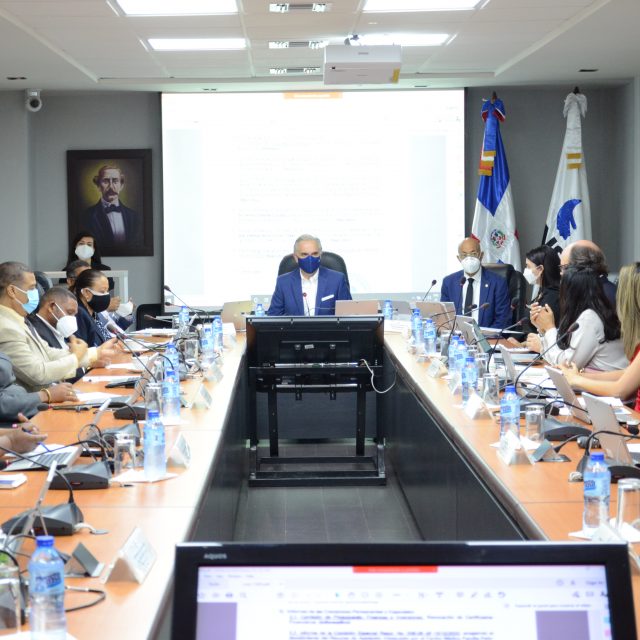EL NUEVO DIARIO, SANTO DOMINGO. -The National Social Security Council (CNSS), through resolution No. 525-04, approved this Friday the “Regulations that regulate the procedure for the Granting of Compensation, Pensions and Funeral Expenses” of the Occupational Risk Insurance (SRL).
After a series of meetings of the Permanent Commissions of Labor Regulations and Risks of the CNSS (CPR-CPRL), and hearing the proposals of the representatives of the Superintendency of Health and Occupational Risks (SISALRIL), as well as the Dominican Institute of Prevention and Protection of Occupational Risks (IDOPPRIL), the application of these benefits provided for the Occupational Risk Insurance (SRL) was regulated, in compliance with the provisions of paragraph II, article 32 of Law 397-19, indicates a Press release.
The aforementioned Law 397-19, which creates IDOPPRIL, contemplates the expansion of the economic benefits of the Occupational Risk Insurance and with the approval of this regulation, the granting of said benefits to its beneficiaries is regulated retroactively from October 3, 2019 .
The regulations establish that workers affiliated with the SDSS, who suffer a disability equal to or greater than 5% and equal to or less than 49%, as a result of an accident at work or occupational disease, will be entitled to compensation.
Pension to survivors of the worker and the pensioner
In the event of the death of the worker, as a result of an accident at work or professional illness, the spouse or life partner and children under eighteen 18 years of age or under 21 years of age, if they are students, or without an age limit, in case of total disability, they will receive:
100% of a pension for the survivors of the contributory salary of the last two years of the member of the Occupational Risk Insurance who dies.
This pension will be distributed as follows: 50% for the spouse or life partner and the other 50% for the children, distributed in equal parts.
If the worker or pensioner is not survived by his spouse or life partner, at the time of his death, the children, in the ages and conditions established above, will receive the entire survivor’s pension. Similarly, in the event that the worker or pensioner does not leave children at the time of their death, the spouse or life partner will receive the entire survivor’s pension.
To be entitled to a survivor’s pension, the spouse must be over 45 years of age, or disabled of any age and not married. If you are under 45 years of age or remarry, you will be able to receive the equivalent of two years of pension for one time. If the pensioner remarries, he will receive the equivalent of two years of pension for a single time.
Related
–


